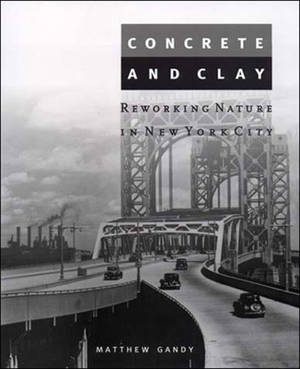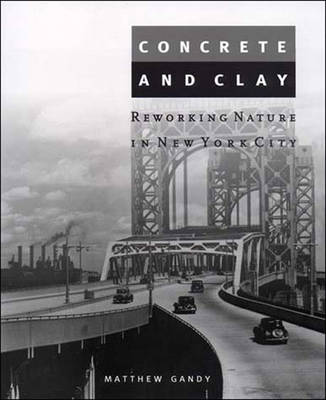
- Retrait gratuit dans votre magasin Club
- 7.000.000 titres dans notre catalogue
- Payer en toute sécurité
- Toujours un magasin près de chez vous
- Retrait gratuit dans votre magasin Club
- 7.000.000 titres dans notre catalogue
- Payer en toute sécurité
- Toujours un magasin près de chez vous
Description
In this innovative account of the urbanization of nature in New York City, Matthew Gandy explores how the raw materials of nature have been reworked to produce a "metropolitan nature" distinct from the forms of nature experienced by early settlers. The book traces five broad developments: the expansion and redefinition of public space, the construction of landscaped highways, the creation of a modern water supply system, the radical environmental politics of the barrio in the late 1960s and early 1970s, and the contemporary politics of the environmental justice movement. Drawing on political economy, environmental studies, social theory, cultural theory, and architecture, Gandy shows how New York's environmental history is bound up not only with the upstate landscapes that stretch beyond the city's political boundaries but also with more distant places that reflect the nation's colonial and imperial legacies. Using the shifting meaning of nature under urbanization as a framework, he looks at how modern nature has been produced through interrelated transformations ranging from new water technologies to changing fashions in landscape design. Throughout, he considers the economic and ideological forces that underlie phenomena as diverse as the location of parks and the social stigma of dirty neighborhoods.
Spécifications
Parties prenantes
- Auteur(s) :
- Editeur:
Contenu
- Nombre de pages :
- 344
- Langue:
- Anglais
- Collection :
Caractéristiques
- EAN:
- 9780262572163
- Date de parution :
- 29-08-03
- Format:
- Livre broché
- Format numérique:
- Trade paperback (VS)
- Dimensions :
- 175 mm x 230 mm
- Poids :
- 539 g







